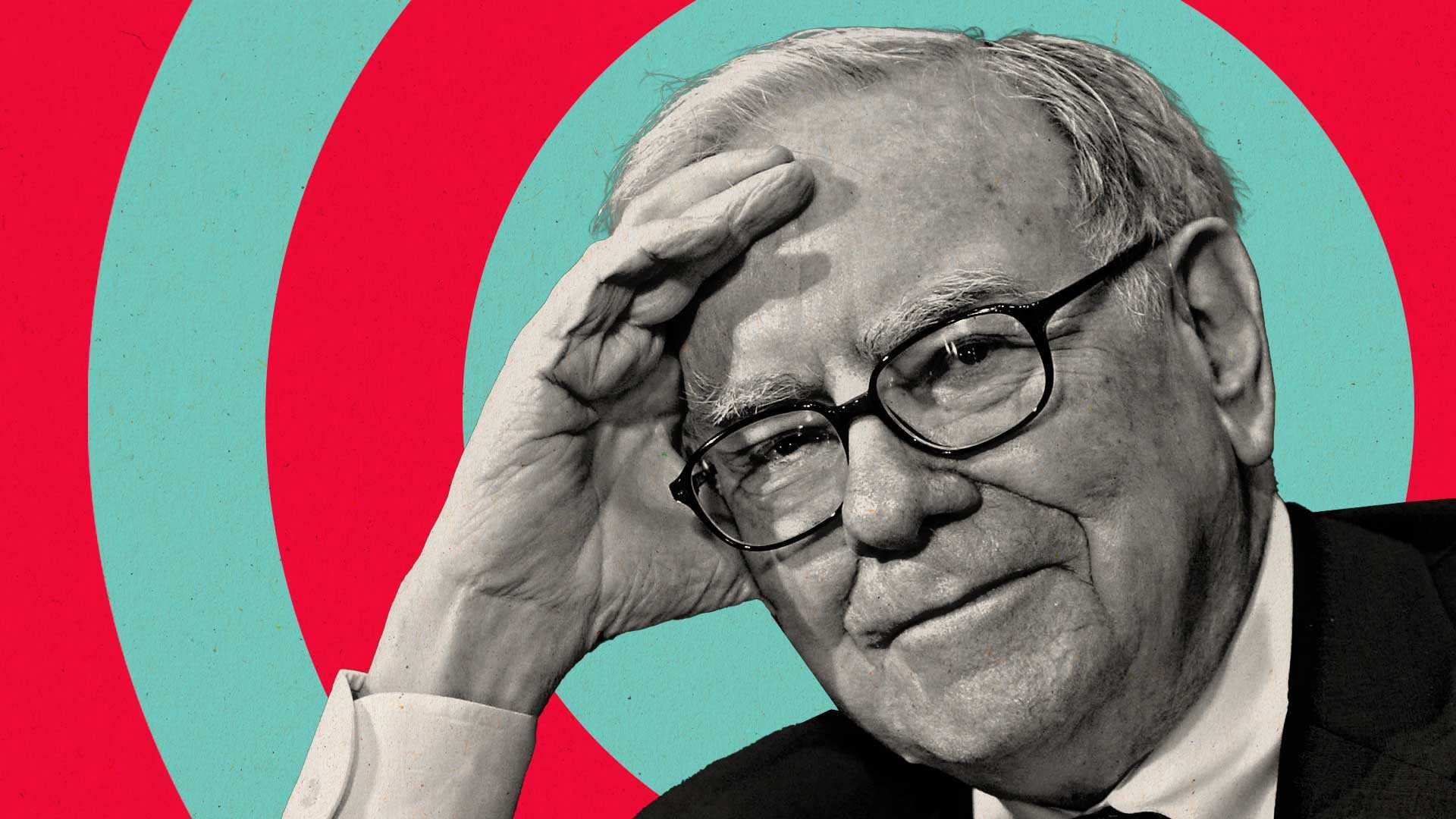Business
Buffett Expands Stake in Sirius XM Amid Market Turbulence

OMAHA, Neb. — Warren Buffett‘s Berkshire Hathaway has significantly increased its investment in Sirius XM Holdings, reflecting the billionaire investor’s confidence in the struggling satellite radio company amid turbulent market conditions.
As of March 7, 2025, Berkshire Hathaway owns more than 35.4% of Sirius XM’s total shares, having acquired an additional $54 million worth of shares in early February. This move adds to the approximately one-third stake that Buffett already held heading into the year.
Despite being one of the worst performers in Berkshire Hathaway’s portfolio, Sirius XM’s potential for long-term value has lured Buffett, who first invested in the company back in 2016 through tracking shares controlled by majority shareholder John Malone.
Sirius XM has faced significant challenges in recent years, including declining subscriber growth as younger consumers gravitate toward streaming services. In 2023, the company reported a less than 1% decline in revenue after eight years of modest growth. Forecasts indicate that revenues could decline by an additional 2% to 2.5% in 2025, further complicating its financial outlook.
“The market may perceive Sirius XM negatively, but Buffett tends to look at long-term potential rather than short-term volatility,” said market analyst Jane Roberts. “His addition to Sirius XM during a downturn suggests he believes the stock has considerable upside.”
Sirius XM generates roughly 93% of its revenue from subscriptions, with the company’s namesake service accounting for 75% of its earnings. Despite its struggles, the company remains profitable and holds a strong advantage over traditional radio competitors.
Howard Stern, the company’s flagship host, has been with Sirius XM for 19 years, but his contract is set to expire at the end of this year. Concerns over subscriber retention have been heightened in light of his potential departure, as the company is already facing competition from digital streaming platforms.
Meanwhile, Sirius XM is addressing these challenges by investing in new content and reworking its programming to attract more subscribers. In addition, it has managed to consistently reduce its share count over the past decade, enhancing its value proposition to long-term investors.
Despite carrying over $10 billion in long-term debt, Sirius XM’s ability to generate substantial free cash flow positions it favorably for capital returns to shareholders and potential debt reduction strategies.
Buffett’s acquisition of Sirius XM is emblematic of his investment philosophy—purchasing undervalued assets that have the potential to yield positive returns over time, even in a struggling market. Observers are awaiting further developments as Berkshire Hathaway’s stake continues to grow, potentially setting the stage for a rebound in the media industry.












